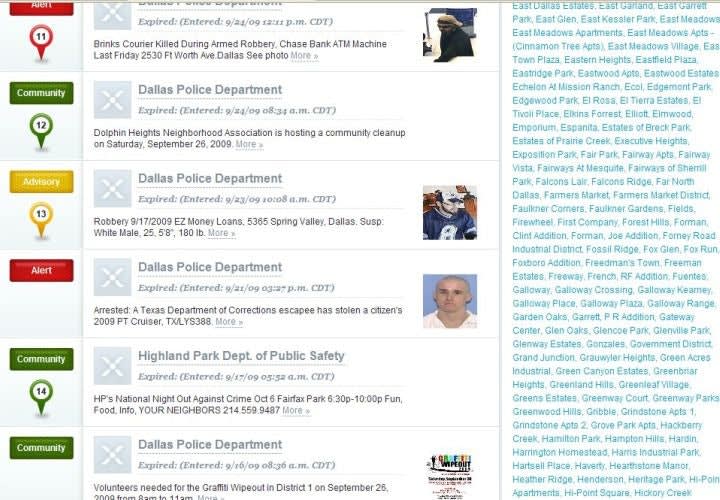It would be hard to argue that the Pittsburgh Police Department's response to protestors at the Group of 20 world economic conference wasn't effective. Yes, we've heard the usual complaints about "police brutality" from the radical left, but no protesters were seriously injured and the city reported less than $50,000 in property damage.
The department's response led to 190 arrests — most occured in the city's Oakland section — and officers were able to quell "hot spots" before they got too hot.
Part of the story of how the department kept protests from getting too unruly can be told by explaining a new text-messaging technology to share information about protester activities instantly within its own command structure, as well as with outside agencies.
Prior to the protests, the department started using a technology from Nixle known as "organizationally secure text messaging" which helped the department coordinate with some 30 agencies in town for the event. The service, which launched in early 2009, is now being used by 3,000 agencies, according to the company.
"It is paramount that the information we push out is not filtered," said Pittsburgh Chief Nathan Harper. "When you have a situation such as G-20 where you have police and other public safety agencies such as fire and emergency management involved, Nixle allows all of us to stay on the same page."
Nixle's communication platform worked as a more effective method of communication than two-way radios, because it broke down the walls of the frequency jails that often keep agencies from talking to one another.
The technology functions similarly to social networking service Twitter. Messages of up to 140 characters — the limit placed on text messages by the cellular carriers — can be sent via a secure Web portal or the Nlets intranet, the gateway to a variety of data on suspects that's widely used by law enforcement agencies. Nixle has been able to get its servers integrated into the Nlets system, according to founder Craig Mitnick.
Mitnick, a former New Jersey prosecutor and police trainer, said the service is preferrable to social networking sites.
"Social networking platforms are powerful for connecting family and friends, but not good for official information because its not secure," Mitnick said. "Agencies want geographicly relevant information, and we saw an increasing expectation that information should be available to any devices we can use at any time."












